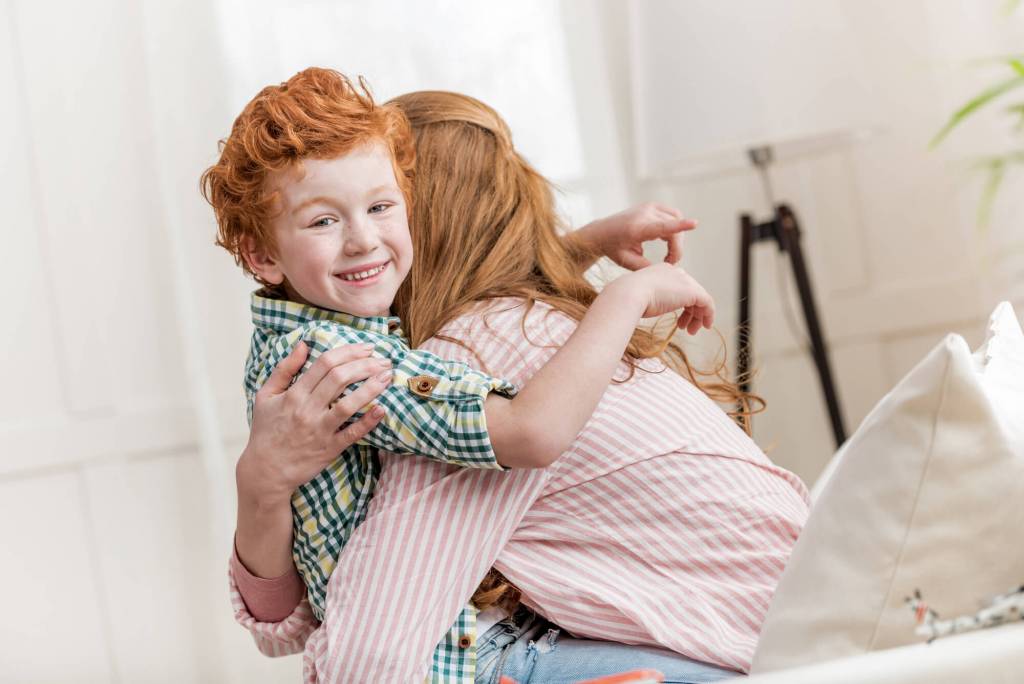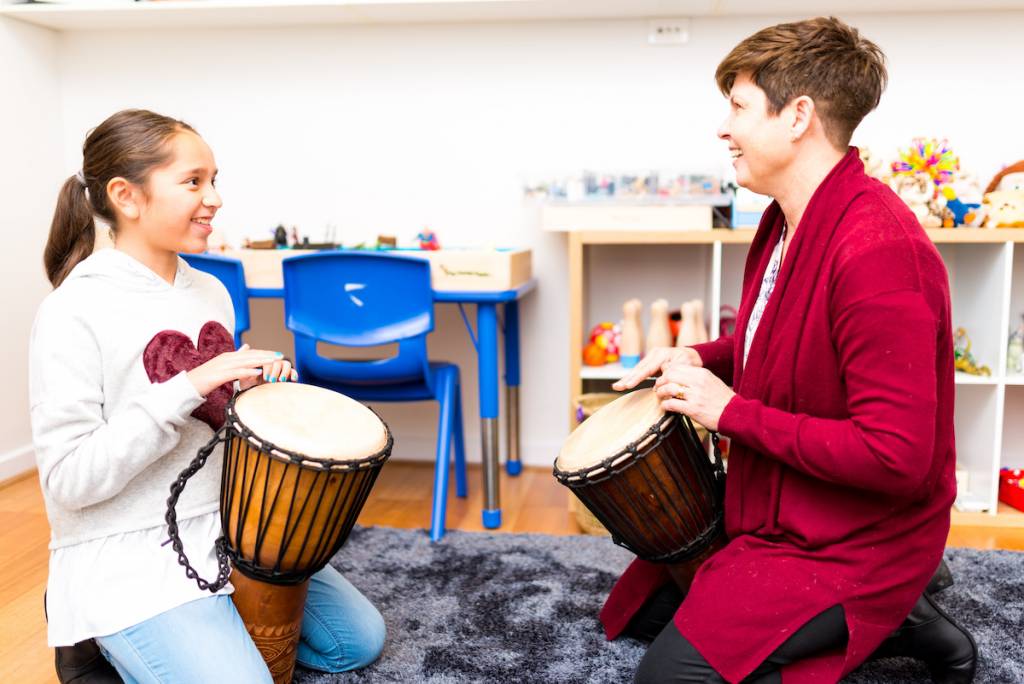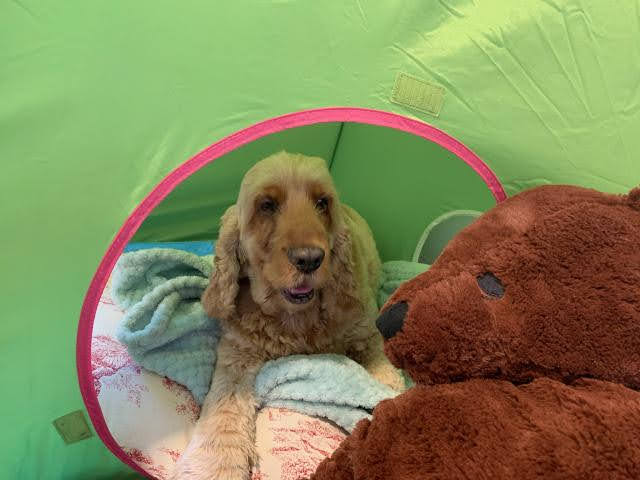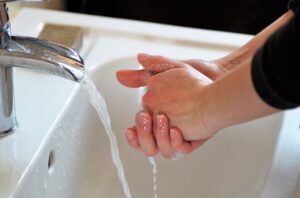 As we move into a new version of “Covid Normal”, I find myself with a few worries. I question how safe things are. Only a few weeks ago we had lockdowns and had mask wearing everywhere, has enough changed to really keep us safe?
As we move into a new version of “Covid Normal”, I find myself with a few worries. I question how safe things are. Only a few weeks ago we had lockdowns and had mask wearing everywhere, has enough changed to really keep us safe?
So I started thinking about my own levels of anxiety. Worrying about Covid has kept me washing my hands and following the rules, but how much anxiety is okay before it becomes a problem?
To answer this, it is really worth looking at what anxiety is and the role it plays.
Anxiety is our bodies’ response to a perceived threat. It is a response that communicates to our bodies to be alert and cautious as we are receiving a message of possible danger. Anxiety is a good thing. It works to keep us safe.
Without a bit of anxiety in our lives, we would be more likely to cross roads without looking first, and ignore other basic measures that we use to stay alive. Without anxiety, being careful and considering danger just wouldn’t seem like a priority.
It’s interesting to note here that anxiety is a result of both the feeling of threat and past experiences. As humans, our thinking brain connects up our memories to help guide us in what we have learnt or what has happened in the past. These two areas work together to determine when we should get anxious and start worrying about something that will be happening in the future.
But what about when anxiety feels too big?
Increase in worry can lead to a multitude of problems including a child self-criticising and feeling silly for feeling worried about things that others do not worry about. It may lead to them avoiding activities that they once loved, not wanting to try new things and missing out on opportunities that come their way. Anxiety can also have an effect on the body and leave a child with physical pain or illnesses.
Being classed as overly anxious, or having an anxiety disorder, may be considered when the level of anxiety is beginning to impact negatively on a person’s life, and when the anxiety experienced is disproportionate to the probability of danger. In other words, the worry system is being activated more frequently, and staying on for longer even when there is little threat around.
So what do we do about it?
Whilst our anxiety often pushes us to do things like avoiding situations that provoke anxiety, research has shown that this can perpetuate the anxiety. Avoiding things that make us anxious can make us more anxious.
Frustratingly, it is not as simple as ignoring the anxiety and doing it anyway.
Approach with caution.
Finding a way to stay engaged in activities and situations that cause anxiety can be extremely challenging. It should be approached with sensitivity and care, knowing that the person may only be able to tolerate a small amount of the activity or situation in the first instance.
Learning to manage anxiety is possible. To know how to best approach, it is useful to add someone to your team who can help guide you. For children with anxiety this may include a Play Therapist.
The Play Therapist can help your child to explore their emotions as well as strategize on how to best build skills and resilience for facing anxiety provoking situations.
For me, as we emerge from our lockdown cocoon, I will take things slow and get a feel for the changing environment and take it from there, knowing that it is okay for any Covid-related anxiety that I feel can be lowered over time.
AMY BAILLIE
Certified Synergetic Play Therapist
Children’s Counsellor
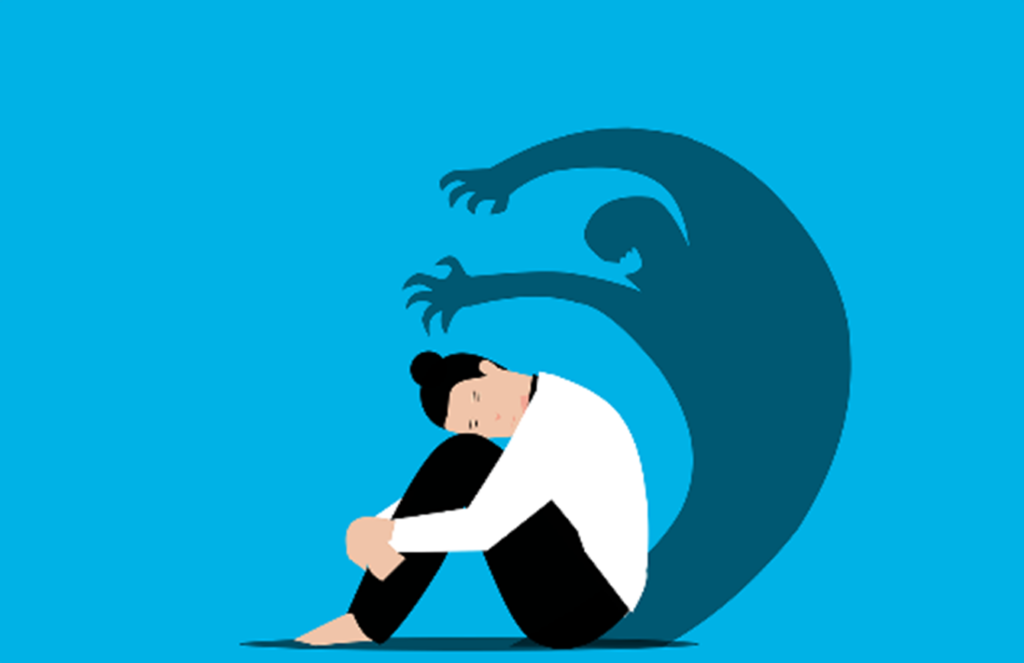
Credit goes to BD Hypno Plus for use of this image, with many thanks.

